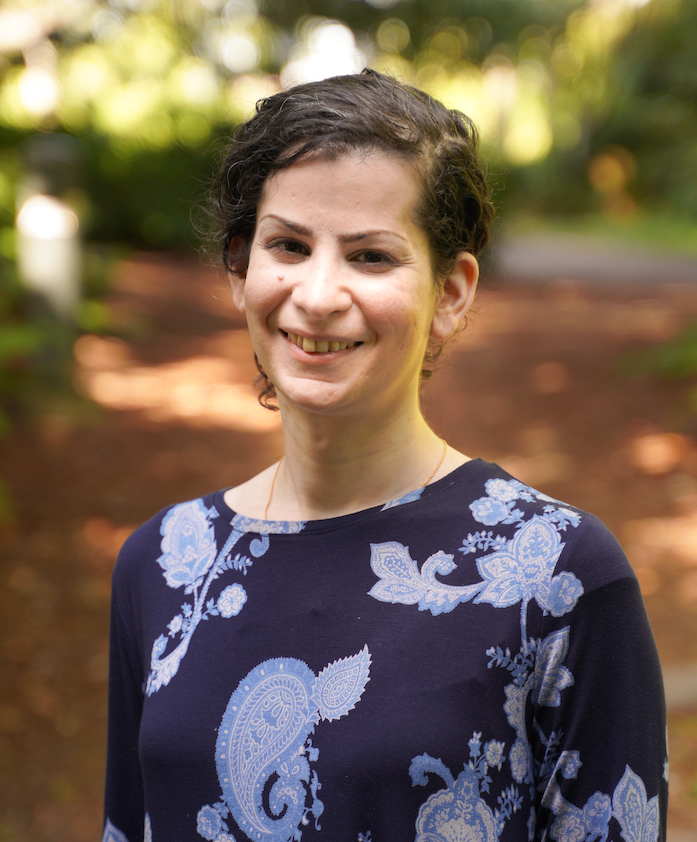May 2023
Hannah Kia is an Assistant Professor at the University of British Columbia’s School of Social Work. She is also affiliated with the Centre for Gender and Sexual Health Equity. Her current program of research addresses a variety of issues pertaining to sexual and gender minority (SGM) populations. Hannah maintains registration as a clinical social worker in British Columbia.
Q: What does your research focus on, and how did you become interested in aging issues?
My research centres, in particular, questions related to the health and well-being of sexual and gender minorities (SGM), including social work and other professional practice with these groups, and aging in SGM communities. Most recently, much of my research has focused on the health of trans and gender diverse folks in particular. For example, in partnership with a group of researchers across Canada and a Community Advisory Board, I have recently led a study on peer support experiences among transgender and gender diverse (TGD) people, which you can read about in this open access article. As both a researcher and a trans woman myself, I am really excited to be leading this work!
Q: One of your current studies is the Aging with Affirmation (AwA) study. What is this study about, and how did it come to be?
I am currently working with Egale and a group of researchers, including Dr. Celeste Pang, Dr. Kinnon MacKinnon, and Dr. Lori Ross, to lead Aging with Affirmation (AwA). The primary aim of this study is to learn about the social service experiences and needs of TGD folks ages 50 and older in Canada. My colleagues and I decided to pursue research in this area because there is a shortage of research on older TGD people’s experiences in social services, and yet we know from the community that older TGD folks can experience profound transphobia, ageism, and other challenges in their interactions with social services. We hope our work can address an important gap in the existing research.
What hopes do you have for the study?
Our hope is to both generate knowledge about how older TGD people experience social services in Canada and, more importantly, to create resources the community can use to advocate for better care. For example, our hope is to generate a community report, a list of policy and practice recommendations, and a publicly available webinar that will together inform policymakers, service providers, and other key stakeholders about what needs to change in social service systems so that they are more responsive to the issues of older TGD folks.
Who can participate in the study, and where can they learn more?
We are looking to hear from people ages 50 and over who self-identify as trans, Two-Spirit, genderqueer, and/or gender diverse (TGD). We are also looking for folks who identify as advocates and activists for issues of concern to TGD older adults. Finally, we are interested in policymakers and/or service providers who have interest or experience with developing and delivering social services for TGD older adults. We are exclusively recruiting folks who live in Canada. We strongly encourage anyone who has an interest in learning more about this study to visit www.awastudy.ca.
Are there other resources or research related to aging issues among trans and gender diverse older adults that you’d like to share?
So many! First, I want to highlight your critical work, Celeste, especially since we are lucky to have you as a co-investigator on the AwA Study. For those reading this interview, Dr. Pang has written about later life care planning and concerns of TGD older adults in Canada, and a preview of their work is available here. Although not exclusively about aging issues, I also strongly recommend that readers check out Zena Sharman’s book, entitled The Care We Dream Of, which highlights liberatory and emancipatory approaches to addressing the health of 2S/LGBTQ+ folks, including older adults.

